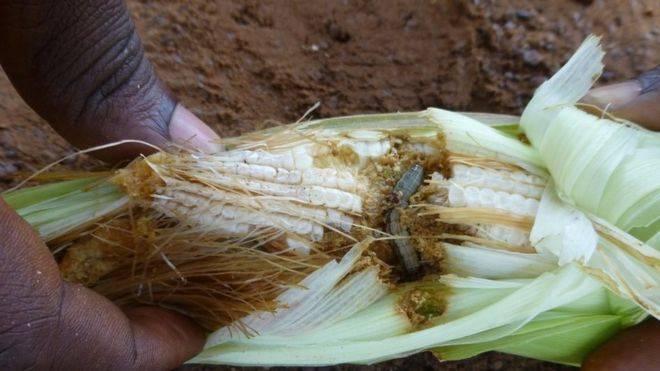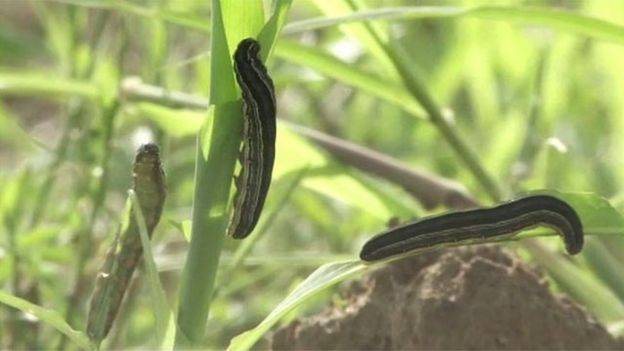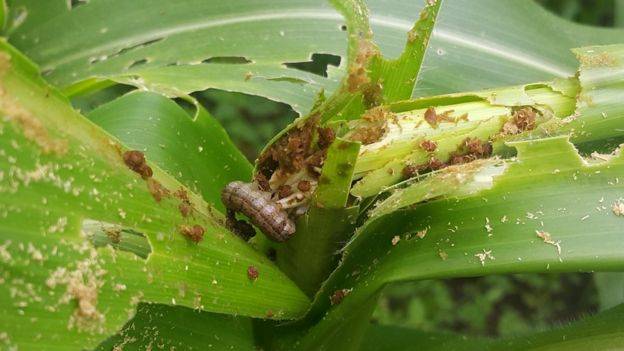ScienceRocks
Democrat all the way!
- Banned
- #1
I feel that earth has warmed up near .7c since 1900 because of global warming with .12 to .18c per decade the last 20 years, but I believe the forcing is far weaker then people like Hansen or IPCC believes and I believe it's likely near 1.2-1.5, while hansen 88 believed it to be 4+ and it is widely believed within the IPCC to be around 3,,,Which would work out to about as much warming as we're seeing now. This warming is without coming out of a little ice age and the highest solar output in 2,000 years to, so a far more impressive green house effect then what we seen in the 20th century either way, but nothing like the people at the ipcc believe.
I believe that 2100 will be .7-1.2c warmer today over the whole earth...That is still huge when you think about it...Getting us into a warmer regime then anytime in the last 2 million years. Life will be very favorable for feeding a population that will be knocking on 10 billion at the time and humanity should advance nicely within the more favorable global environment.
More food, less cold weather extremes, lower heating bills and a happier human race.
I believe that 2100 will be .7-1.2c warmer today over the whole earth...That is still huge when you think about it...Getting us into a warmer regime then anytime in the last 2 million years. Life will be very favorable for feeding a population that will be knocking on 10 billion at the time and humanity should advance nicely within the more favorable global environment.
More food, less cold weather extremes, lower heating bills and a happier human race.
Last edited:


 but to reiterate, all evidence we have shows that when the planet is warmer it is better. Period. All the alarmists can do is postulate (and I use the term very loosely) about how bad it will be.
but to reiterate, all evidence we have shows that when the planet is warmer it is better. Period. All the alarmists can do is postulate (and I use the term very loosely) about how bad it will be. 


